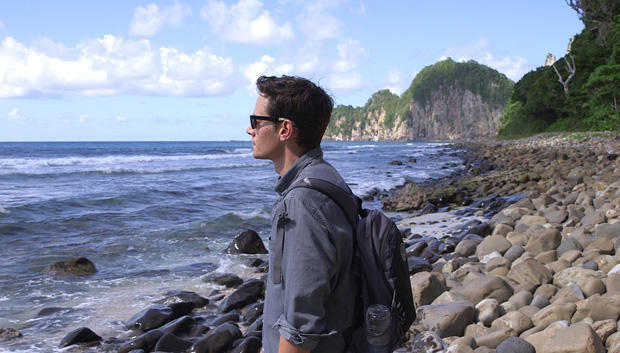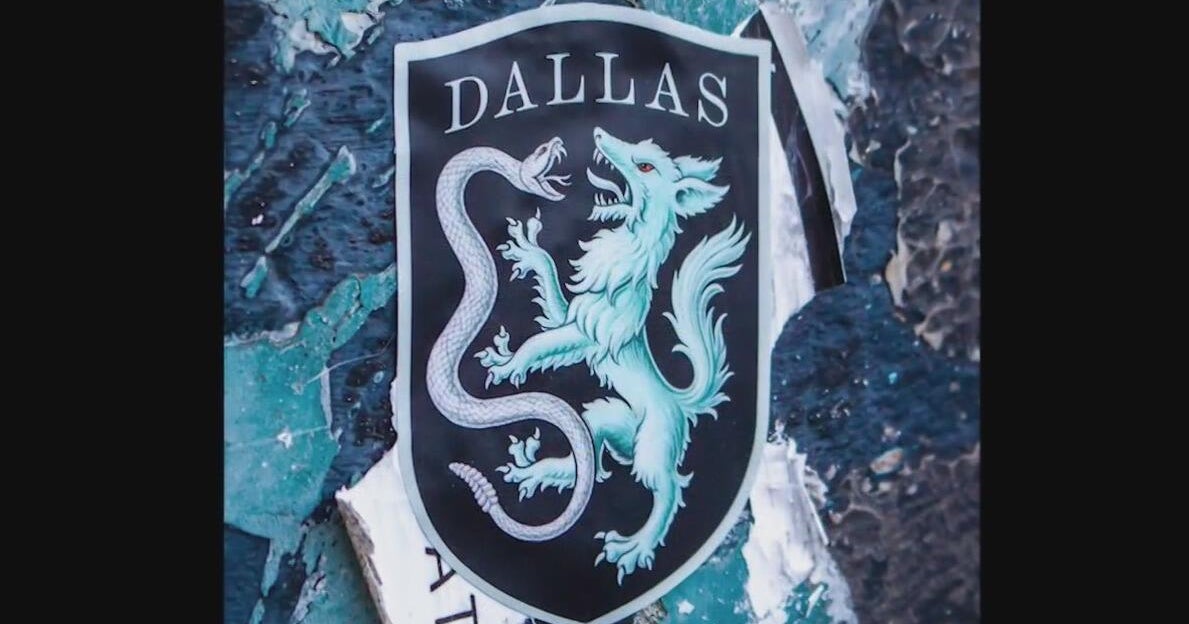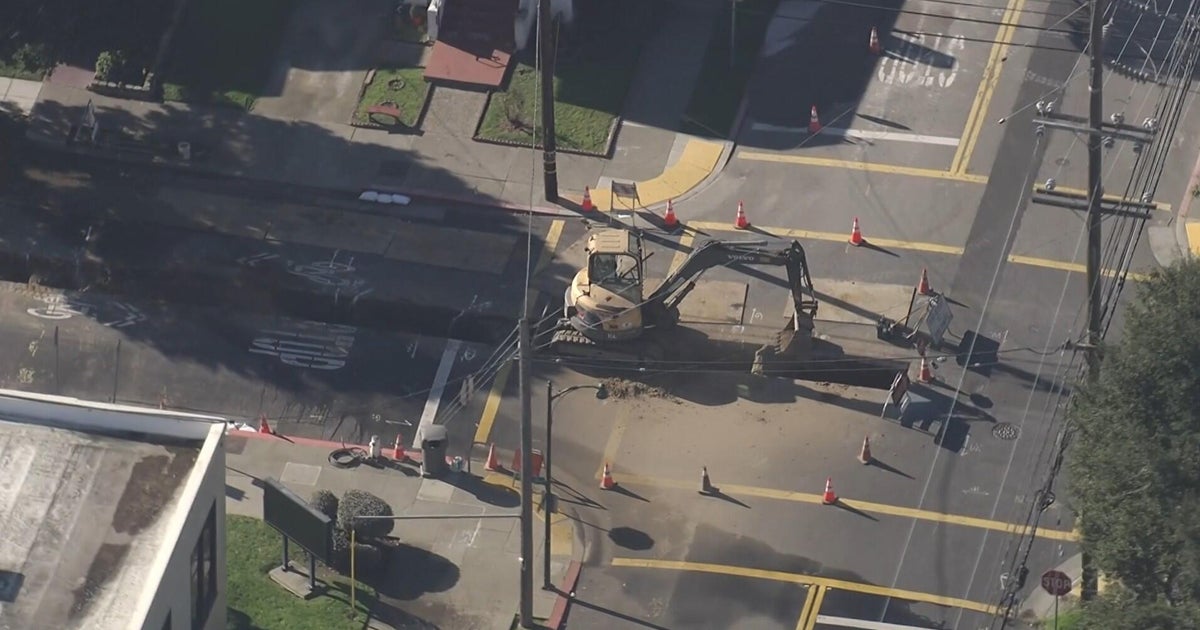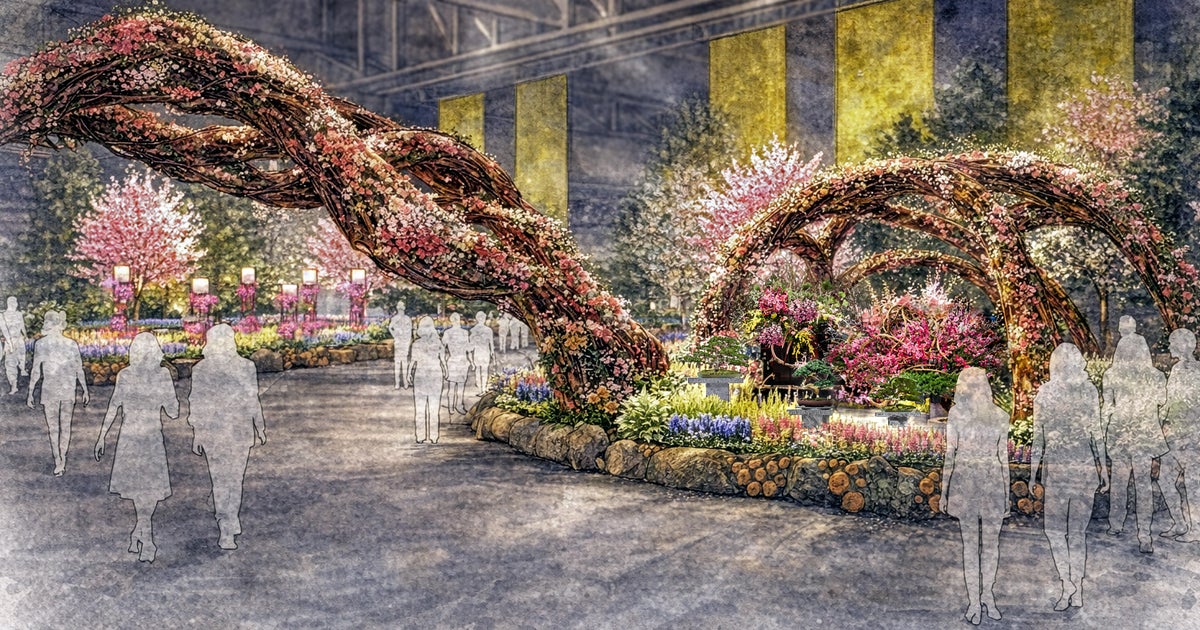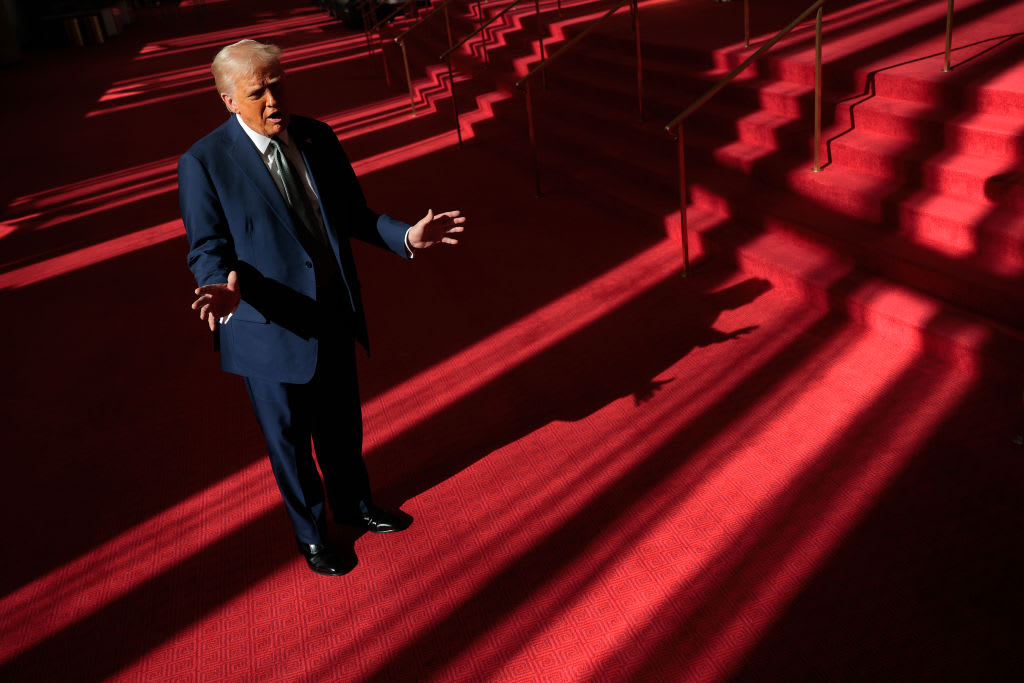On The Trail: Living in American Samoa
From politics to a Pacific outpost ... Conor Knighton covers a lot of ground this morning:
Of all of the delegations at the Republican National Convention, only one introduced ITSELF to the rest of America: American Samoa, an often-overlooked collection of islands in the South Pacific which has been a U.S. territory since 1900.
And yet, a lot of people, says Pua Tuaua, “have no idea where this place is.”
Tuaua is a Ranger at the National Park of American Samoa, located more than 7,000 miles from our nation’s capital. It’s the only U.S. soil south of the equator -- home to tropical fruitbats and colorful crabs. The pristine coral reefs there are some of the best in the world.
The island’s remoteness has also helped preserve its way of life.
“The most important thing is our culture,” Ranger Tuaua said. “We also preserve our culture here.”
Samoan culture combines ancient traditions (like cooking in an “umu,” or earth oven) with more recent ones. The islands have been overwhelmingly Christian since the arrival of missionaries in the 1800s.
In the capital city of Pago Pago, you pay for the fresh coconuts in dollars. The American flag is everywhere; it’s the preferred decoration on family-run shuttle buses.
In fact, the close to 55,000 people who live here may be the MOST patriotic in the entire country.
As the American Samoan delegate to the Democratic National Convention observed, the territory is where, “per capita, more of our sons and daughters proudly wear the uniform of the U.S. Armed Forces than any other state or territory!”
The military has a big presence here. But, despite participating in the primary process, American Samoa won’t be choosing the next commander-in-chief. Just like the people of Puerto Rico and Guam, residents of American Samoa don’t get any electoral votes.
Peter Taliva’a was born in the small village of A’nuu, where he still lives today. “All we do now is just to pray for a good leader to rise up and to make a difference,” Taliva’a told Knighton.
And like most everyone else there, not only has Taliva’a never voted for president, he’s not a U.S. citizen. The people of American Samoa are considered U.S. nationals.
Charles Voa Alailima is an attorney working to change that classification. “You’re born owing allegiance to the United States, but you’re not a citizen,” Voa Alailima said. “America doesn’t owe its allegiance back.”
While the other major territories have achieved citizenship-by-birth through acts of Congress, it never happened in American Samoa. Last year, Voa Alailima and his colleagues filed a lawsuit arguing that the 14th Amendment, which guarantees citizenship to those born on U.S. soil, should apply to the territories.
“They have been raised in an American system, and they have served the American government,” he said. “There is no reason why they should not be citizens, because they are on sovereign U.S. soil.”
Last year, five plaintiffs sued for birthright citizenship. Fanautau Mamea, a decorated Vietnam veteran, was one of them. He says he has been discriminated against. “I cannot be a United States citizen.”
If nationals move off island -- to, say, California -- they still can’t vote or hold certain jobs unless they pay a fee and apply for citizenship. “If you are a citizen by birth, you could go to any state and establish residency there and immediately be a U.S. citizen for voting purposes in that state,” Voa Alailima said. “You can’t do that here in American Samoa.”
For Mamea, it’s also a matter of personal pride: “I feel I don’t belong.”
In June, the Supreme Court declined to hear Mamea’s case. He’s currently exploring other options, but it’s worth noting that not everyone here WANTS to be a U.S. citizen.
One woman, Siloy, told Knighton, “I would say I’m pretty much good the way I am.”
“You’re fine with being a national?”
“I’m fine being a national.”
The laid-back simplicity of life here stands in contrast to the extremely complicated system of local and national laws that govern a place like this -- a system that’s on the brink of change.
The federal government doesn’t even OWN this park land; it’s LEASED from local villages ... which means that when the lease runs out in 22 years, the future of this pocket of green in the distant Pacific is as uncertain as the legal status of its people.
For more info:
- National Park of American Samoa (nps.gov)
Also visited by Knighton while “On The Trail”:
- Glacier National Park, Montana and Kenai Fjords National Park, Alaska
- Crater Lake National Park, Oregon
- Denali National Park, Alaska
- Mesa Verde National Park, Colorado
- Joshua Tree National Park, California
- Death Valley National Park, California-Nevada
- Virgin Islands National Park, U.S. Virgin Islands
- Shenandoah National Park, Virginia, and Mount Rainier National Park, Washington
- Great Sand Dunes National Park, Colorado
- Zion National Park, Utah
- Petrified Forest National Park, Arizona
- Biscayne National Park, Florida
- Big Bend National Park, Texas
- Everglades National Park, Florida
- Hot Springs National Park, Arkansas
- Acadia National Park, Maine
- Mammoth Cave National Park, Kentucky
